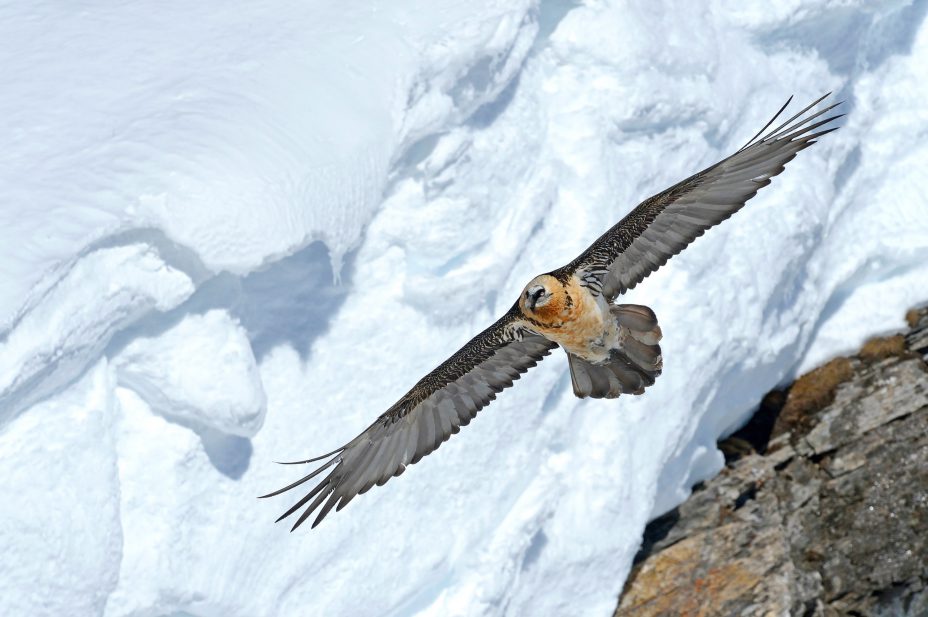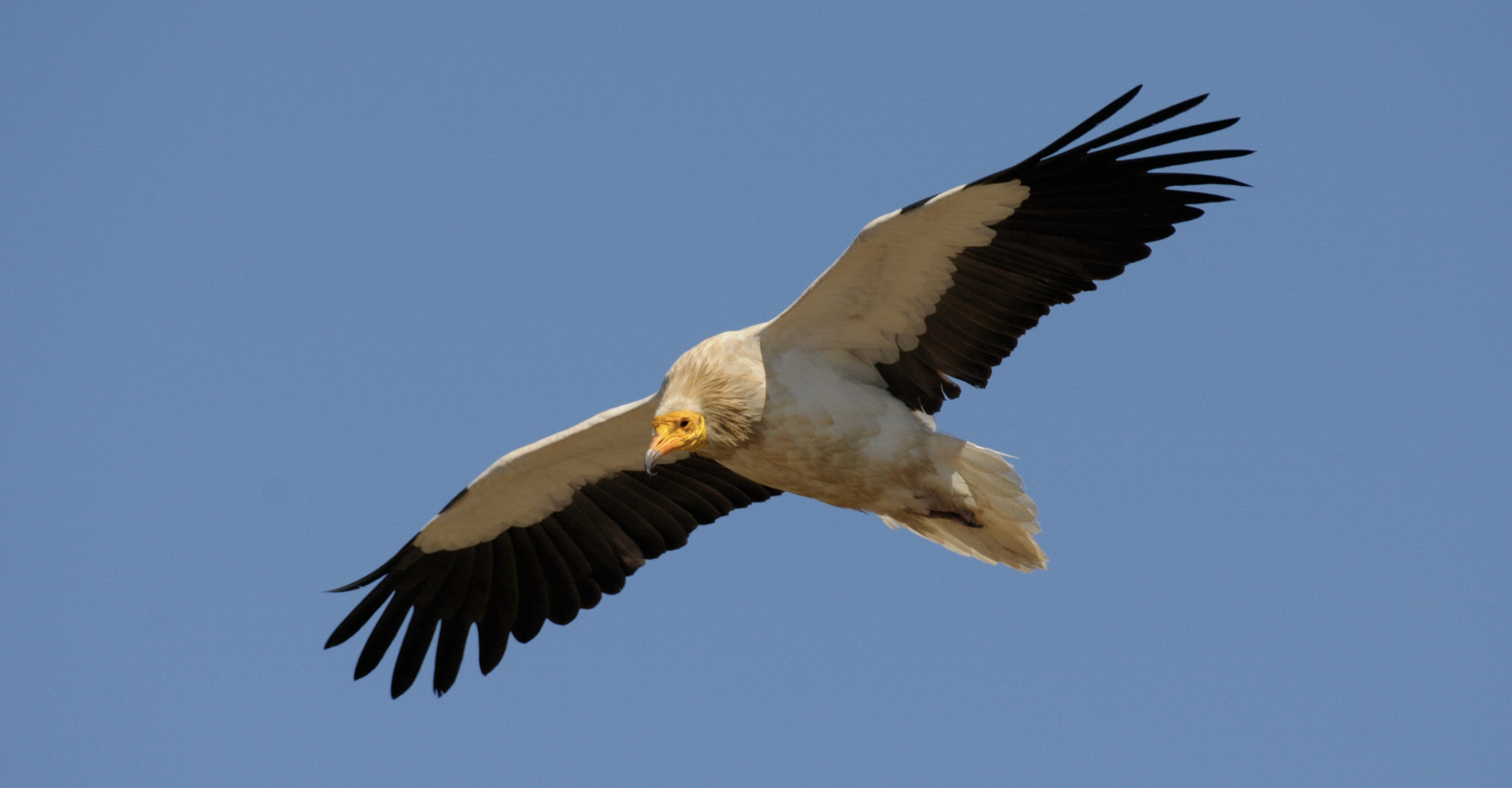In the late afternoon of the 12th June, a team from the VCF-ATN and SPEA managed to catch two adult Egyptian vultures with a custom build trap set up at the supplementary feeding point in Escalhão, in the southern part of the Douro area, within the LIFE RUPIS project.
The birds were immediately tagged with GPS tags by Lubomir Peske, a Czech ornithologist working for the VCF. These tags will provide the project with valuable information about the detailed movements of these individuals. Blood samples were collected and sent swiftly to IREC, a Spanish specialized lab, not only for sex determination but also to check lead and other heavy metal levels in the blood.
We hope that these birds are nesting in the Douro canyon, so that we follow their detailed foraging movements and identify key areas for feeding, but also potential threats within their core range area (powerlines, etc).
These are the third and fourth Egyptian vulture marked within the framework of LIFE RUPIS – the first bird, called Rupis, a 4th year captured and tagged last year, is not breeding and is roaming the area widely. The second bird, names Poiares, was found weakened and was released after rehabilitation, only 2 weeks ago.
The VCF will continue to try to catch and tag more birds this summer, as the use of space and foraging areas need to be identified to help these birds.
The LIFE RUPIS project aims to implement actions to strengthen the populations of the Egyptian vulture (and the Bonelli´s eagle) at the trans-border Douro, by reducing the mortality of these birds and increasing their breeding success. The Egyptian vulture is the smallest vulture in Europe, and it is classified as “Endangered” – in Europe its populations have declined by 50% over the last 40 years.
The project includes equipping electric lines against electrocution, several actions that aim to minimize the threat of illegal poisoning, targeted management of over 1,000 hectares of important habitats for the species and also the creation of a network of supplementary feeding stations.
The project, which is also co-funded by the MAVA Foundation, is implemented by the VCF and partners, including SPEA (BirdLife in Portugal), ATN and Palombar (regional conservation organisations in NE Portugal), the Junta de Castilla y León & the Fundación Patrimonio Natural de Castilla Y León, the Portuguese electricity distributor EDP-D, the Portuguese statutory conservation agency ICNF and the Portuguese environmental police force (GNR).
Photos: VCF, SPEA



